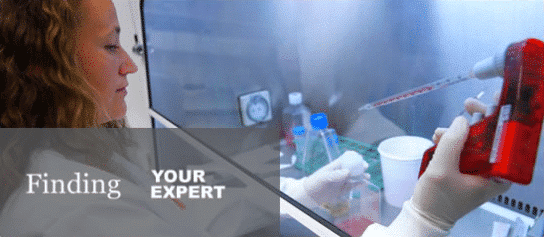In England & Wales (and other jurisdictions) a Single Joint Expert (SJE) is an expert witness instructed to prepare a report for the Court on behalf of two or more of the parties (including the claimant) to the proceedings.
The Civil Procedure Rules stress the desirability, particularly in smaller claims, for the parties to agree on and appoint a single expert rather than each party appointing its own. The aim is to reduce cost and increase the efficiency of expert testimony.
Just like a Party Appointed Expert, the SJE’s duty is to help the court on matters within their expertise and this overrides any obligation to the person from whom the expert has received instructions or by whom he is paid. SJEs should maintain independence, impartiality and transparency at all times.
Appointment
The SJE is appointed jointly by the parties (not by the Court); although the Court may direct that the evidence on an issue is to be given by an SJE. Before directing the use of an SJE, the Court may consider the amount in dispute, the importance of the expert issues to the parties and the complexity of the issues.
Ordinarily, it is up to the parties to agree who shall be appointed as the SJE, but, if the parties cannot agree on who the SJE shall be, the Court may select the expert from a list prepared or identified by the parties or can direct how the expert is selected. In any event, the instructing parties are jointly and severally liable to pay the SJE’s fees and their invoices should be sent simultaneously to all instructing parties. The Court may limit the amount of expert’s fees and expenses and this should be included in any terms of appointment.
Instructions
Normally, parties should agree joint instructions for the SJE. If this is not possible then all parties may give separate instructions, but, where separate instructions are given, the parties should try to agree where the areas of disagreement are. All instructions must be copied to the other parties.
In producing his report, just as in the case of a party appointed expert, the SJE does not determine the facts. This is the role of the Court. The SJE may be required to make different assumptions of facts and the expert’s report may therefore need to have more than one set of opinions on any issue. The experts report must be served simultaneously on all instructing parties.
If an SJE is appointed the parties can still instruct a different expert to act as their advisor but they may not be able to recover the costs of the advisor at the end of the case.




